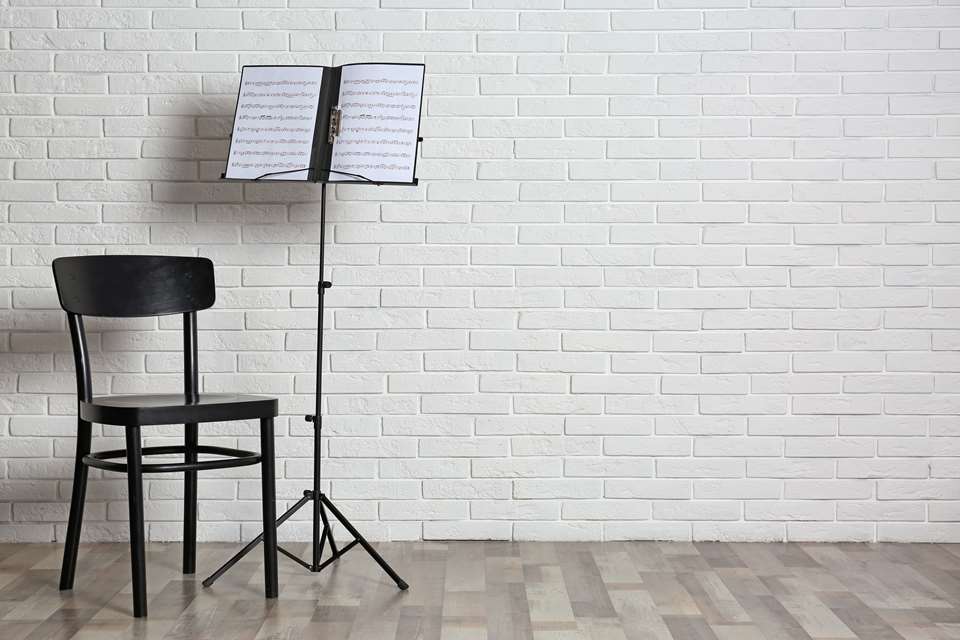Education bodies call on Williamson to reverse plans to scrap BTECs
Hattie Fisk
Thursday, July 29, 2021
Twelve organisations that represent students and teachers have written to education secretary Gavin Williamson urging him not to continue with his plan to scrap general qualifications, such as arts BTECs.

Adobe Stock/ Coachwood
The letter is also accompanied by the launch of the #ProtectStudentChoice campaign and petition to reverse the plan to remove funding for BTEC qualifications.
As confirmed earlier in July by the Department for Education (DfE) following a public consultation, the plans mean that 16-year-olds will complete A Levels or ‘T Levels’, new technical qualifications equivalent to three A Levels. The idea is that the post-16 qualifications system is simplified and ‘low-quality’ courses removed.
Concerns over these plans has been growing in the music education community as there is currently no T Level in music or performing arts. It is also feared that many already disadvantaged students who take current general applied qualifications, such as BTECs and Cambridge Technicals, will be further disadvantaged if these are defunded.
The letter echoes these concerns, citing research from the Social Market Foundation that 44 per cent of white working-class students enter university with at least one BTEC and 37 per cent of black students enter with only BTEC qualifications.
The letter highlights that applied general qualifications are more accessible and provide disadvantaged students with opportunities for ‘social mobility’, pointing out that ‘It is impossible to square the government’s stated ambition to “level up” opportunity with the proposal to scrap most BTECs’.
Geoff Barton, general secretary of the Association of School and College Leaders – one of the signatories – said: ‘It would be reckless of the government to ditch these qualifications simply to clear the way for T-levels which may well prove to be a good option for some young people but are largely untried and untested.’
Education bodies would ‘welcome’ a delay to the introduction of the government’s proposals, but say that this ‘would not change the fact they have the potential to do huge damage to social mobility and are completely out of step with the views expressed by our members’.
In response to Schools Week a DfE spokesperson said: ‘Great qualifications are essential to helping everyone, regardless of their age or background, to reach their career goals and get good jobs. Our reforms will simplify and streamline the current system, ensuring that all qualifications are fit for purpose, are high-quality and lead to good outcomes.’


